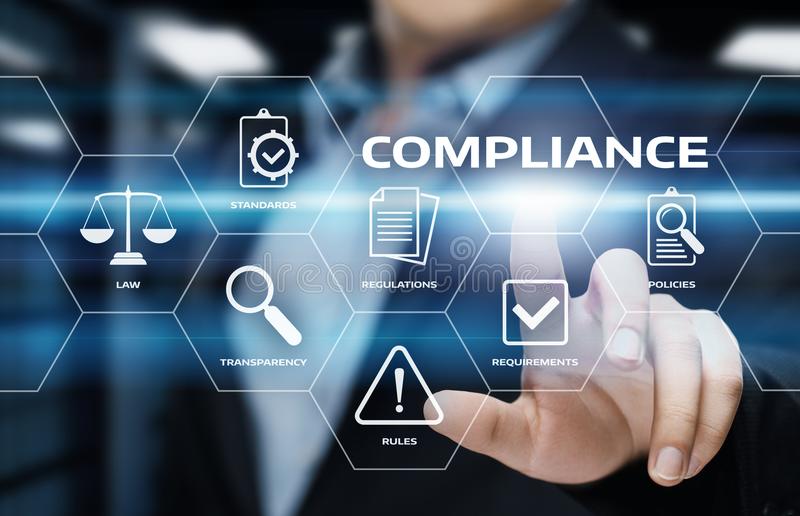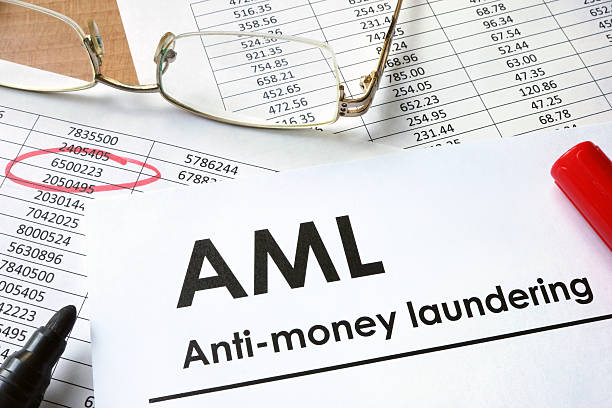We are in the golden age of being able to reimagine global payments’ architecture – the ubiquity of cloud computing, the decrease in the cost of computing, the increased regulatory appetite for sensible innovation, and the dawning realisation that the current fractured model likely not be able to scale across the globe.
The rise of global e-commerce, the increase in international trade, and the evolving demands of consumers, among other factors, continue to place new expectations on both new-age and legacy players in the global payment ecosystem, pushing them to innovate and evolve at a relentless scale.
While this story of growth is full of possibilities, it is also not without its challenges.
TerraPay has embraced the fractured regulatory landscape as more of an opportunity rather than a challenge.
The company has invested its resources accordingly, seeking out its own licenses and approvals instead of operating as a mere technology provider.
Cross-border payments, regardless of their nature or size, should be cost-efficient, real-time, and frictionless in a financially-inclusive world.
However, for this to happen at scale, all pieces of the puzzle need to come together seamlessly.
A robust payments engine should facilitate borderless payments while bridging diverse regulatory regimes and currency systems across geographies.
It also needs to navigate the rough terrains between the transparency demanded by AML regulations and the importance of data privacy and protection.
This rapidly rising demand for cross-border payments – expected to reach a total of US$156 trillion by end of this year – has put the spotlight on compliance.
Focus on compliance

Compared to domestic payments, cross-border payments tend to face more stringent compliance checks against fraud, sanctions, and financial crimes. This is not without reason.
Along with the rise in digital adoption, there is also an increase in cybercrimes, pushing fraud and security to the top of the agenda for banks, financial institutions, and other players.
Unfortunately, each bank, payment gateway, or location may use different laws, guidelines, internal controls, data payloads, and compliance rules when checking payments.
Each check is time-consuming and often occurs more than once during the payment’s journey. Regardless of the intention, the end result is often a delayed payment and/or increased processing costs.
Understanding the ever-evolving regulatory landscape globally is one way for all financial service providers to simplify the way money moves around the world.
Strong compliance capabilities, like the ones proprietary to TerraPay, also plays a critical role in building trust and consequently, fostering more partnerships.
Fortunately, financial service providers are waking up to the need for innovation in strengthening their compliance systems.
In keeping pace with changing regulatory environment while meeting all obligations, they are turning to new technologies and tools that will enable them to keep cross-border payments secure, efficient, and real-time while potentially augmenting business growth.
Powering meaningful innovation

Among the many trends disrupting the regulatory landscape, AI and ML are the most prominent.
The good news is that while fintech companies may be leading the way in leveraging these technologies, banks and financial service providers are not far behind.
Of course, there is still a long way to go when it comes to large-scale adoption.
The use cases of AI keeps rising whether it be the automation of systems in revenue and billing, reconciliation, cybersecurity, fraud prevention or more.
It remains one of the most popular forms of regtech that offers multiple potential benefits.
Simply put, it is not possible to address costly regulatory compliances, surging data volumes, and technology deployment through manual operations alone.
Automation allows companies to curb the need to perform repetitive tasks such as data consolidation/cleansing, coding, and analysing data across systems.
Moreover, these innovative tools minimise errors, reduce risks, and speed up processes, thereby freeing up resources for high-level functions such as developing responses and checking alerts.
Automation and Anti-Money Laundering (AML)

Money laundering has plagued the world of payments. Unstructured data from multiple sources, manual rule-building, and complex analytics routes, confound the financial system’s ability to scale across borders.
One answer to this slow-moving, inefficient process can be found in new-age AML detection systems.
TerraPay, for instance, has deployed a customised Machine Learning (ML) system called the TerraPay Intelligence Platform (TIP) that is designed to drive large-scale data preparation, modeling, and custom data workflows. This initiative allows TerraPay to tackle previously unsolvable challenges.
TIP implements intelligent ML-based analytics on transaction data from 200+ source countries to 100+ destination countries with transactions between several million remitters and beneficiaries.
This has not only strengthened TerraPay’s compliance, reporting, and proactive issue management capabilities but also, positively influenced its customers’ confidence in its ability to power small value, high volume payments with significantly advanced levels of real-time compliance oversight and responsiveness in resolving customers’ issues.
The ML-powered Intelligent Compliance & AML application can implement complex, ever-evolving rule sets on large KYC and transaction data sets and produce insightful, automated, real-time reports to identify anomalous transaction patterns, data integrity issues, and suspicious customer, or client systems behaviour.
The analysis which once took several days of manual interventions per report has been streamlined to minutes by virtue of automation.
Reports to fulfill regulatory obligations such as periodic reports, risk-related analyses, etc. have been automated by implementing custom reporting algorithms to eliminate manual intervention, delays, or errors.
This ability to significantly reduce the turnaround time on compliance action items has positively impacted partner relationships.
Earlier, these processes affected the payment delivery time and caused unwarranted and frustrating delays. For instance, we used the KYC data provided by consumers to get a better understanding of consumer demographics.
The ML system enabled the identification of clusters of end users in terms of behaviour or preferences. This added immense value to customer journey analytics.
The initiative is aligned with TerraPay’s strong privacy and data protection framework and commitment to secure, seamless, payments.
It also serves as a great example of how technology can be used to redefine cross-border payments with respect to the current challenges, support all players in better decision-making, and create more efficient processes, while promoting compliance.
TerraPay manages complex regulatory processes with strong compliance checks and develop agile routes ensuring its partners have secure access to an ever-expanding global financial ecosystem.
All of this is backed by TerraPay ‘s global edge of 26 licenses and regulatory approvals.
TerraPay’s scalable and agile payments infrastructure brings together innovation, interoperability, and inclusion, enabling its partners to support businesses and workers across the globe, ascertaining that every payment, no matter how large or small, enjoys a borderless journey to its destination.
- ant financial
- blockchain
- blockchain conference fintech
- chime fintech
- coinbase
- coingenius
- crypto conference fintech
- fintech
- fintech app
- fintech innovation
- Fintechnews Singapore
- OpenSea
- payments
- PayPal
- paytech
- payway
- plato
- plato ai
- Plato Data Intelligence
- PlatoData
- platogaming
- razorpay
- Revolut
- Ripple
- Sponsored Post
- square fintech
- stripe
- tencent fintech
- Terrapay
- xero
- zephyrnet















